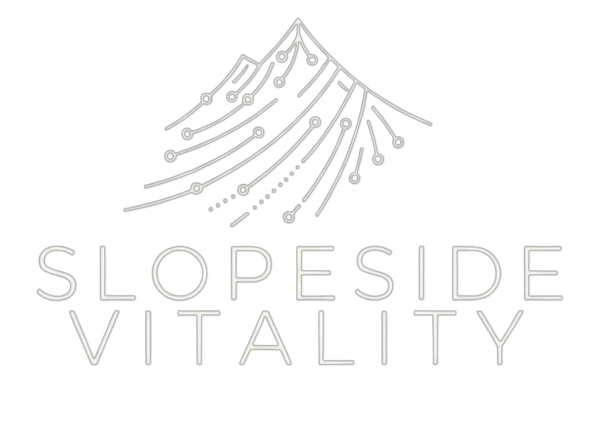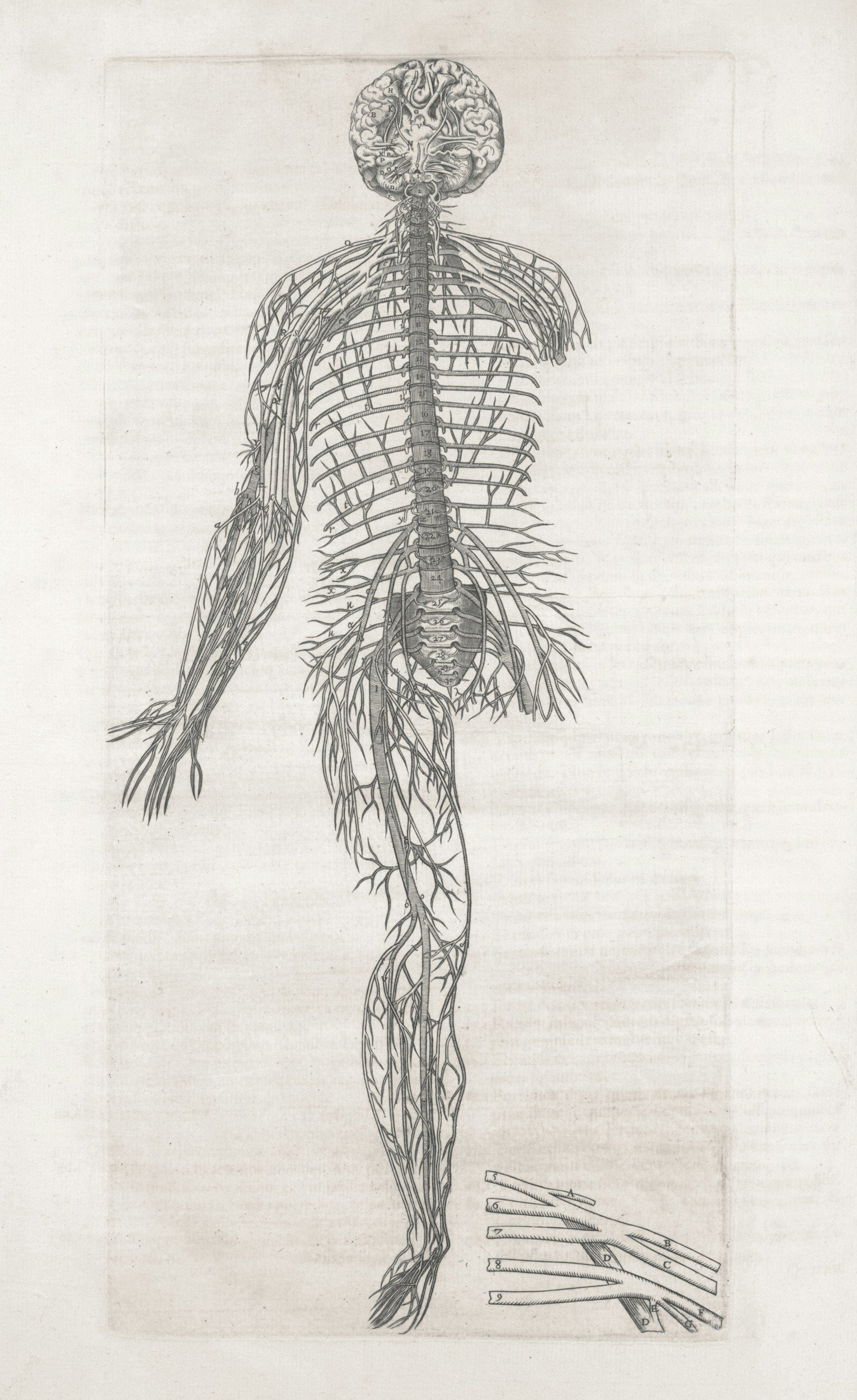
From Consultation to Clarity
Life is an ascent. Slopeside Vitality provides the expert guidance required to reach your personal peak. Through focused neuroscience and tailored wellness strategies, we offer the Colorado community a clear course to sustained mental and physical well-being.
Our Services
Breakthrough therapies for conditions resistant to standard care. We focus on neuro-restorative protocols, including somatic practices, precision therapeutic tools, deprescribing, and evidence-based ketamine treatment for depression, anxiety, PTSD, and chronic pain.
Alternative Mental Health
Scientifically-informed management for conditions such as migraine, neuropathy, cognitive inefficiency, and fibromyalgia. Protocols utilize low-dose naltrexone, neurostimulation devices, and integrated pharmacological strategies to restore optimal neurological function.
Integrative Neurology
Specialized, individualized strategies to optimize physiological potential. We focus on the scientific restoration of hormonal and metabolic balance for sustained vitality and peak healthspan.
Neuro-Endocrine Balance
Start Your Ascent: Book Your Complimentary Discovery Call
Schedule your complimentary 30-minute discovery call to discuss your health goals and determine if our specialized services are the right fit for your needs. Our specialists are committed to supporting your journey toward optimal neurological health and well-being.
About Our Practice
Slopeside Vitality was founded on the belief that navigating the path to peak health requires integrated expertise. We bridge the gap between rigorous, traditional neurology and personalized, functional wellness strategies to deliver clarity—the first step toward optimizing mind, body, and performance.
Focused Expertise, Integrative Care
The practice is led by Dr. Jason Sebesto, DO, MSc, a Diplomate of the American Board of Psychiatry and Neurology (ABPN) and a member of the American Academy of Neurology (AAN). Dr. Sebesto received his specialty medical training from the world-renowned Mayo Clinic, establishing a foundation of comprehensive neurological authority since 2015.
Dr. Sebesto’s commitment to optimal health extends beyond conventional frameworks. His approach is deeply informed by additional training through the Academy of Preventive and Innovative Medicine, along with advanced psychological modalities like Acceptance and Commitment Therapy (ACT) and principles of Jungian analysis.
Advanced Wellness & Neuro-Restoration
This unique background underpins our advanced wellness services. As a member of the American Society of Ketamine Physicians, Psychotherapists and Practitioners (ASKP3), and drawing on over two decades of experience with psychoactive compounds, Dr. Sebesto specializes in delivering alternative augmentation therapies and advanced protocols designed for deep neuro-restoration.
We offer the precision of specialty neurology combined with the transformative power of integrative wellness, charting the clearest course from Consultation to Clarity.
Contact Us
We're here to guide your journey to optimal vitality. Connect with us to get started.





